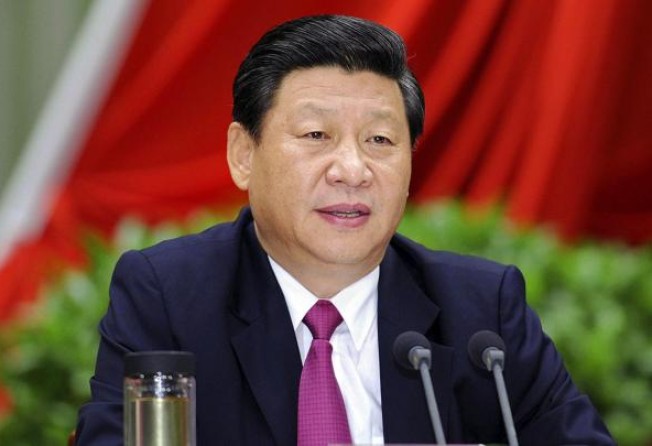Mike Mayo still kicking bankers in the shins

Mike Mayo, CLSA's pugnacious US banking research head, still has Citibank in his sights. "In Asia, Citibank is the Tiffany's of banking, but its corporate governance is like a five-and-dime store in Park Avenue."
Mayo has been pummelling the bank since the start of the financial crisis and gives it a further drubbing in his book, Exile on Wall Street: One Analyst's Fight to Save the Big Banks from Themselves. What irks him about the bank now, he said at the CLSA Investor Forum yesterday, is that earlier this year - or as he puts it, 147 days ago - shareholders voted against the compensation the bank was planning to give senior executives. The board said it would reconsider the matter but nothing further has been said.
Mayo says confidence in the US banking system is at a 40-year low. He has long argued that the solutions to the problems of the US banking system are more transparency, an end to excessive pay for poor performance and, critically, shareholders must act and force companies to operate more transparently and be accountable for their actions.
Yesterday he repeated his assertion that the Occupy Wall Street protesters posed less danger to the US capitalist system than some of the chief executives of American banks. Unsurprisingly, he believes Citigroup and Bank of America, given their poor governance, should be broken up into a more manageable size, while noting that smaller, simpler banks commanded higher valuations than the big complex banks such as Citibank, Bank of America and JP Morgan.
Mayo says these big banks give capitalism a bad name, and he wants them to clean up their act. He paid a visit to the Occupy Hong Kong site when he arrived on Sunday, and had a chat with the occupiers.
Desperately seeking Xi
They seek him here, they seek him there, they seek him everywhere. Who can that be? Why Xi Jinping of course, the main contender to be our next president. But his failure to show up for meetings with visiting dignitaries has aroused no end of speculation. This has triggered jokes among the twitterrati that concern over Xi's non-appearance only goes to show the mainland has truly arrived on the world scene. Would anyone care, for example, if Joe Biden, the US vice-president, didn't turn up for a couple of days?
Big history and vodka
David Christian is a historian with a mission. He, together with Bill Gates is putting together a "big history" programme they hope will eventually be taught at high schools throughout the world.
Why? In the words of Bill Gates as told by Christian at the CLSA Investor Forum yesterday: "I wished I had had the chance to do big history when I was at school because it linked the different areas of knowledge into one unified story."
Big history in a nutshell is "… the attempt to understand, in a unified, interdisciplinary way, the history of the Cosmos, Earth, Life, and Humanity". It's very powerful, according to Christian, because it "enables us to see how everything fits together" and how our complex society slowly evolved over time. That means going back 13.7 billion years to the beginning of time and the Big Bang, and from there to modernity.
He is not suggesting this replaces conventional history but is an additional subject. In the 20th century, historical writing became more specialised and fragmented, to such an extent that we have lost sight of the big picture. Historians no longer deal with questions of where did we come, how were the earth and stars formed and so on. It's a vacuum that that some churches have been able to take advantage of.
For all his talk about big history, one of Christian's more interesting anecdotes yesterday was how he started off as a conventional historian of 19th-century Russia, doing "small history". He was researching the drinking habits of Russian peasants, which were of interest because 14 per cent of state revenue came from taxing vodka. This went a long way to paying for the army that underpinned the empire.
Christian says Russia is not the only example of a state being helped by taxes on mind-altering substances. There's also 18th-century Britain and later the Opium Wars, along with other European powers and the US. He says "a number of modern states built their power as drug traders".